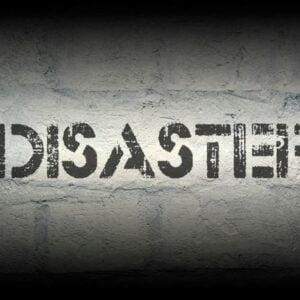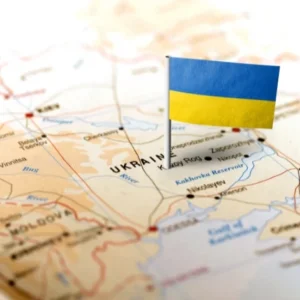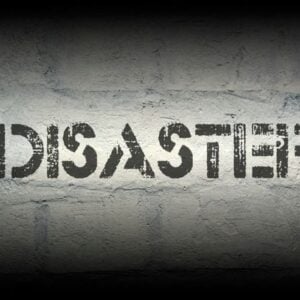The World Bank’s Executive Board has approved a project aimed at enhancing Guatemala’s resilience to natural hazards and extreme climate events. The initiative focuses on strengthening institutional capacity to manage risks and protect vulnerable groups, including women heading households, Indigenous peoples, persons with disabilities, and communities living in informal settlements.
The project targets areas highly exposed to disasters, such as the Dry Corridor, Petén, and peripheral urban municipalities, where geographic risks and poverty levels increase vulnerability. Supported by a US$430 million Development Policy Loan with a Catastrophe Deferred Drawdown Option (Cat DDO), the project enables the government to rapidly mobilize resources after extreme events like hurricanes, earthquakes, or volcanic eruptions, helping mitigate fiscal impacts and facilitate recovery.
The operation has two main components. The first strengthens institutional capacity for disaster risk management through public policies and financial mechanisms designed to protect vulnerable households. The second integrates resilience measures across sectors such as agriculture, transport, and housing, ensuring that critical infrastructure and basic services are better prepared for extreme events. Public entities will incorporate risk management into planning and budgeting, while social protection programs will expand to support households facing sudden income losses.
Government and World Bank officials emphasized the importance of the project in enabling Guatemala to respond quickly and effectively to disasters, safeguard fiscal stability, and ensure public policies reach those most in need. The initiative is particularly crucial for reducing the impact of disasters on populations living in poverty, helping guarantee access to essential services for affected communities.
Guatemala faces high disaster exposure, with over 80% of its GDP generated in risk zones and nearly half of its population living in poverty. Disasters disproportionately affect vulnerable groups, and historical data shows that 35% of the poorest households experienced disaster-related impacts between 1997 and 2014. This underscores the urgency of strengthening national resilience.
Prepared with support from the Global Facility for Disaster Reduction and Recovery (GFDRR), the project has a three-year duration with the possibility of extension. It will support Guatemala’s disaster risk management, climate adaptation efforts, and implementation of the Disaster Risk Financing Framework, contributing to a safer, more equitable, and better-prepared country.







